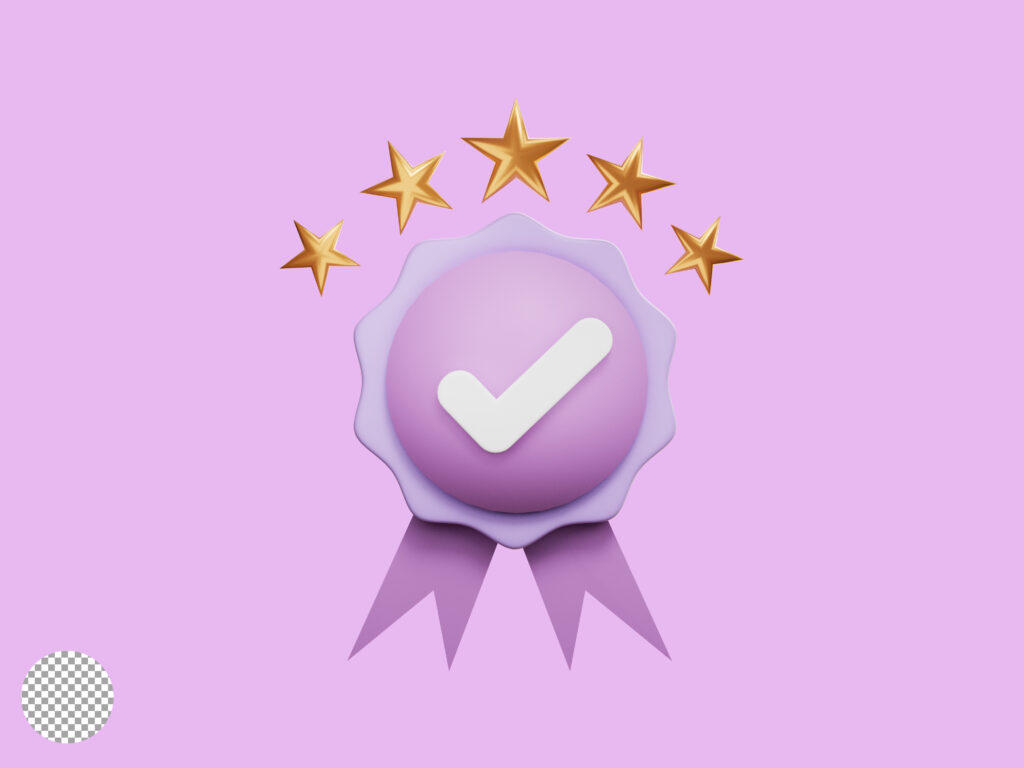8. Snow falls when winter comes
Do you like experiments?
Warm-up
Mark the sentences as True or False about you. Explain your choice.
⦁ I like learning about science.
⦁ When I was at school (Now at school), we did many science experiments.
⦁ I sometimes do experiments at home.
⦁ I sometimes watch how to do some science experiments on YouTube.
Experiment
You’re going to watch an experiment. First, read the words from this video.
1 liquid – fluid, like water
2 density- concentration, thickness
3 treacle -syrup
4 to tip – to pour
5 to add – to put sth with sth else to make a number bigger
6 to fill up – to make sth full, to become full
7 to drop – to fall
8 to sink – to fall, to go underwater
9 to dissolve – to disappear in a liquid
10 to mix – to combine
11 to evaporate – to make a liquid change to a gas
12 to float – to swim on a surface
Now watch the video and choose the objects you saw in the video.
Choose all the objects you saw in the video.
Grammar point
Learn the rules
Zero conditional
Read carefully the sentences and answer the questions after them.
Learn the rule about Zero Conditional
How do we form it?
In zero conditional sentences, the tense in both parts of the sentence is Present Simple.
The order of the clauses (parts of a sentence) is not fixed, so you can change it without any change in the meaning. Remember to adjust punctuation and rearrange the pronouns if necessary.
Example:
⦁ If you freeze water, it becomes solid.
⦁ Water becomes solid if you freeze it.
In zero conditional sentences, you can replace “if” with “when“, because both express general truths:
⦁ If it rains, the grass gets wet.
⦁ When it rains, the grass gets wet.
Function. When do we use it?
The zero conditional is used to make statements about the real world, and often refers to general truths, such as scientific facts. In these sentences, the time is now or always and the situation is real and possible:
⦁ Plants die if they don’t get enough water.
⦁ If you mix red and blue, you get purple.
Practice
Task 1
Make sentences from the given words.
Task 2
Turn the given situations into conditional sentences. E.g. The given situation is:
You put salt on ice. It melts.
You write:
If/when you put salt on ice, it melts (the ice melts), or Ice melts when/if you put salt on it.
In some cases you already have the word to start with. Be careful.
If you are studying on your own, record your answer and send it to your tutor.
Speak up!

Spin the wheel and complete the sentences.
If you are studying on your own, record your answer and send it to your tutor.
